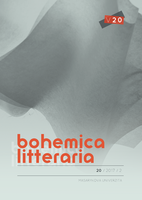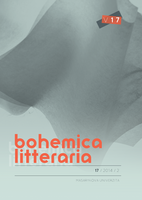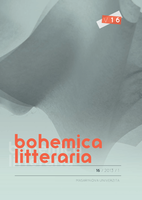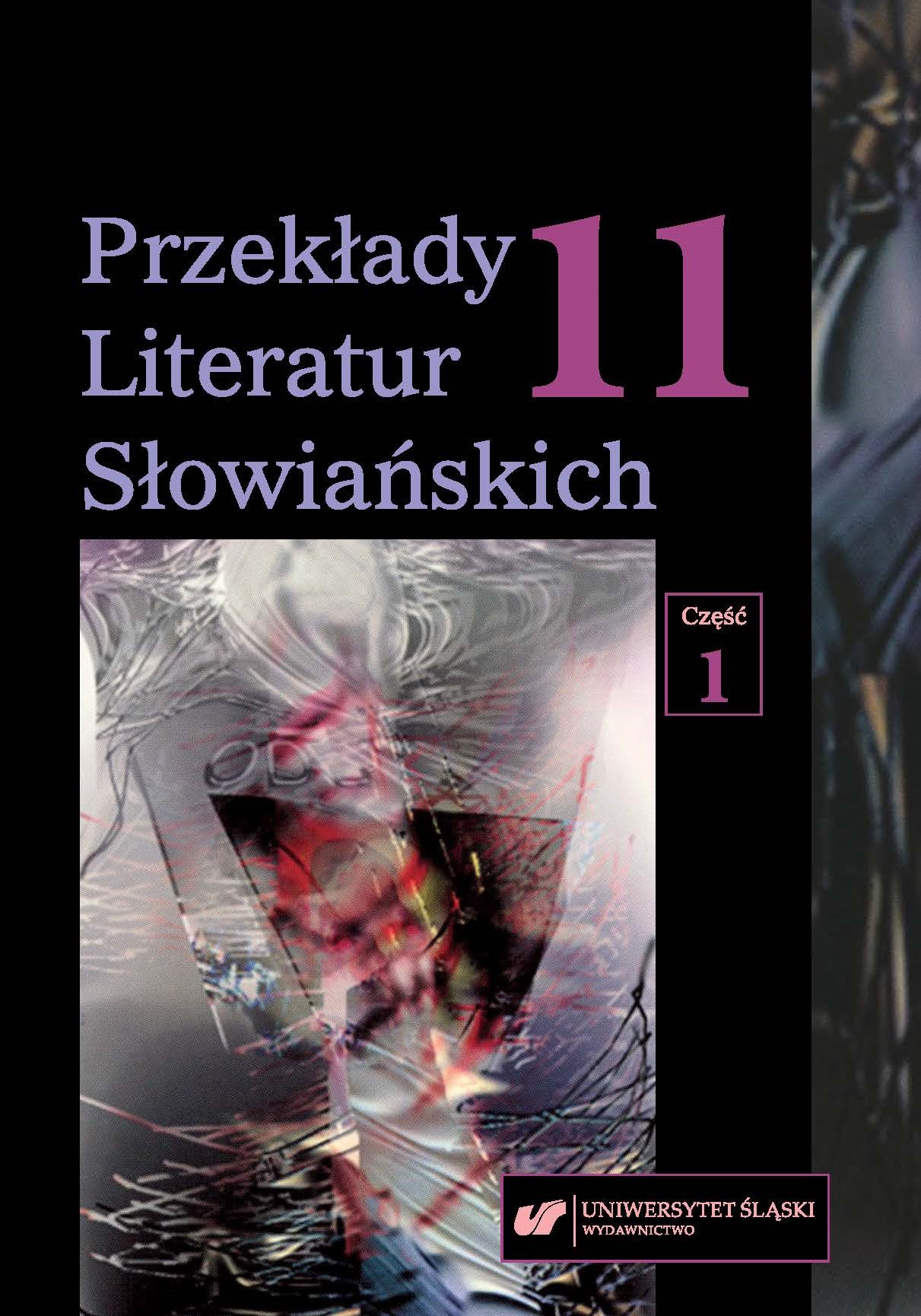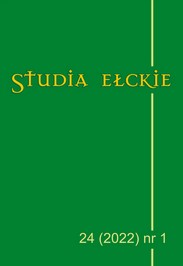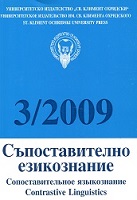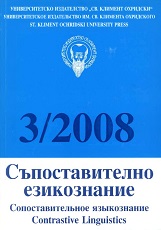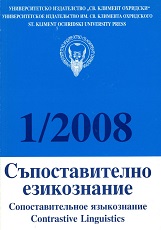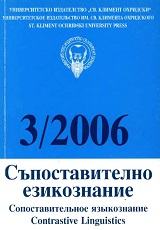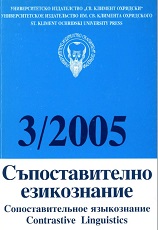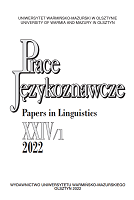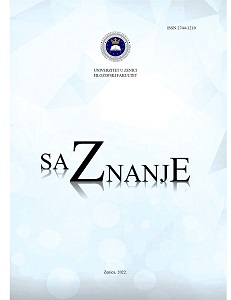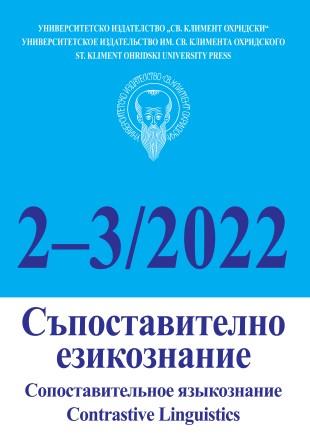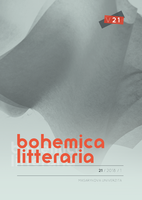
Estetika překvapení v prózách Jiřího Kratochvila jako překladatelský problém
Literary texts by Jiří Kratochvil are intentionally aesthetised by the strategy of surprise: the use of both non-standard language components (dialectisms, poetisms or anachronisms) and stylistically marked strategies is immensely prominent, therefore, it can be perceived as a feature of the style of the author. The poetics of blending various stylistic features has an antiillusive function of constantly warning the reader that they are reading a literary text. On the sample of German translations of three books by J. Kratochvil, the ways of realisation of the aesthetic strategies of the artificial, textual reality backed by the realism of the narration itself are examined.
More...
